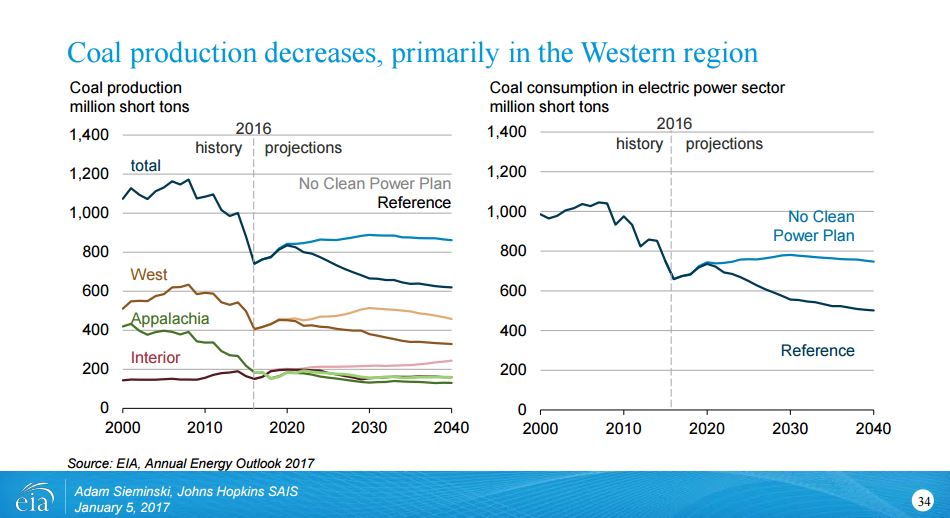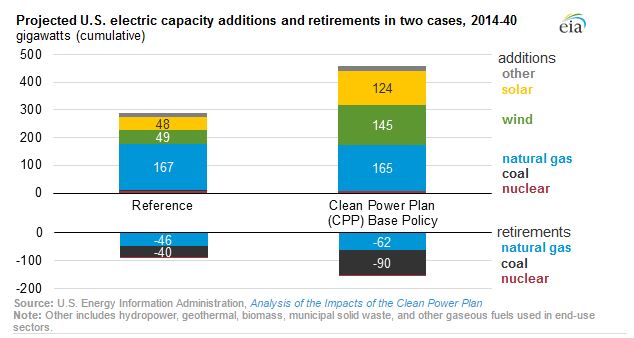EPA’s Pruitt: states have “no obligation to spend resources” on plan
The EPA has withdrawn its proposals for a federal plan to implement the Clean Power Plan, after President Trump instructed the agency to reevaluate the rule on March 28.
The federal plan would have provided an example as states were setting up their own regulations to meet Clean Power Plan targets. The EPA had not finished creating this plan, meaning it can be withdrawn simply.
The Clean Power Plan has seen several significant challenges since it was passed in 2015. Most important of these was the ruling by the Supreme Court in February 2016. This ruling halted enforcement of the act until further review could be completed. Many states stopped working on their respective compliance plans after the Supreme Court ruling.
Scott Pruitt, the head of the EPA, issued a letter on March 30 stating that states have no obligation to spend resources on the order. As Pruitt put it, “the days of coercive federalism are over.”
Unlike the specific implementation plan, the overall Clean Power Plan will require a lengthy process to repeal. However, the withdrawal of the implementation framework and Pruitt’s letter to the states have essentially stopped implementation of the rule. While it may take years to overturn the Clean Power Plan, it appears that will only be a formality. For all intents and purposes, the Clean Power Plan is done.
Good news for coal producers: CPP means ‘life or death for coal’
In February 2017, Oil & Gas 360® spoke to FBR & Company Senior Analyst Lucas Pipes to get his view as to the degree to which the new administration’s policies could have a meaningful effect on the coal industry.
“I don’t want to sound like I’m exaggerating, and I’m paraphrasing some of the comments I’ve heard from [coal industry] executives,” Pipes said, “but the Clean Power Plan [represents] ‘life or death’ for coal. I think that’s how it is often viewed, and I think the expectation in the industry is that the Trump administration will take this rule very seriously and do what it can to reverse it,” Pipes said.
Pipes cautioned that coal is highly unlikely to experience a full turnaround, but if the CPP is no longer a threat to its survival, the industry may begin to see better times.
It may be no coincidence that Peabody Energy announced its emergence from bankruptcy on the same day.



